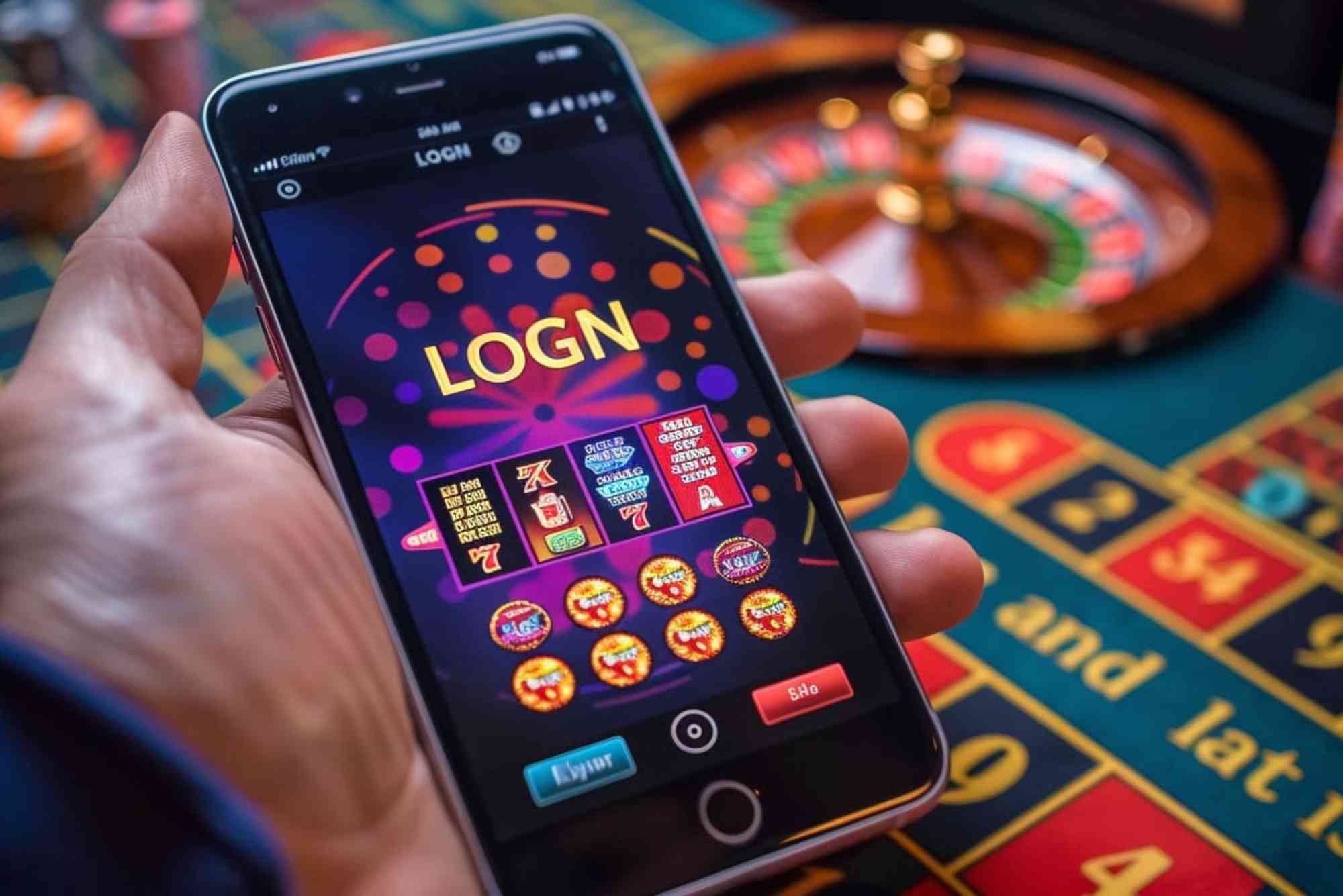The thrill of slot gaming lies in its unpredictability. With every spin, there’s a mix of anticipation, excitement, and possibility — the hope that this might be the moment when fortune strikes. Yet every player, whether seasoned or new, faces one big question: should you go after those massive jackpots or stick to smaller, safer wins?
As someone who has observed and analyzed casino trends over the years, I’ve seen both strategies in action. Some players are adrenaline-driven risk-takers who chase the biggest possible payouts, while others prefer consistent, modest wins that stretch their gaming sessions longer. Both approaches have their merits — but which one truly gives you better value, entertainment, and satisfaction?
Let’s dive into how jackpot chasing compares to a safer play style, and how understanding volatility, bankroll management, and psychology can help you make smarter gaming decisions.
Understanding the Appeal of Jackpots
There’s no denying it: jackpots are magnetic. They promise life-changing rewards, stories worth retelling, and the possibility of beating astronomical odds. Progressive jackpots, in particular, are designed to captivate players by displaying ever-growing prize pools that can climb into the millions.
The emotional pull of such games is powerful. Seeing those flashing numbers and knowing that someone will eventually win can make even the most rational player dream big. Online platforms like best slot sites uk have mastered this psychology by combining massive jackpots with immersive game themes and fast-paced play. The convenience of digital platforms allows players to participate in jackpot games anytime, anywhere — making it easier than ever to chase those big wins without the long lines or noisy casino floors.
Still, understanding what you’re up against matters. Jackpot games often have lower overall payout percentages (RTPs) compared to regular slots. That’s because a portion of every bet goes toward funding the grand prize. So while the dream payout is higher, the odds of achieving it are correspondingly slimmer.
The Case for Playing It Safe
On the other hand, players who prefer “safe” slots often focus on games with stable payout rates and lower volatility. These slots don’t typically promise multimillion-dollar wins, but they do offer frequent smaller payouts that can keep your bankroll alive for much longer.
For many, this approach makes the game more about entertainment than financial gain. You can play longer, enjoy the features, and even walk away with modest profits — all without the anxiety of waiting for a massive but elusive win.
Safe play also aligns with a responsible gambling mindset. If your goal is to have fun without financial stress, games with consistent returns can deliver more satisfaction. Plus, by setting clear limits on how much to spend and when to stop, you’ll enjoy the experience without chasing losses — a common trap among jackpot hunters.
Volatility and Return to Player (RTP): What You Need to Know
To make an informed decision between chasing jackpots or playing safe, it’s important to understand two technical concepts: volatility and Return to Player (RTP).
Volatility measures how risky a slot is. High-volatility games offer big wins but less frequently, while low-volatility games pay out smaller prizes more often.
RTP, usually expressed as a percentage, indicates how much of the total wagered money a slot returns to players over time. For instance, a slot with a 96% RTP theoretically returns £96 for every £100 wagered — but that’s a long-term average, not a guarantee.
Jackpot slots tend to be high-volatility games, meaning they require patience, persistence, and a higher bankroll. Low-volatility slots are better suited for casual play and shorter sessions.
The Psychology of Risk and Reward
There’s also a psychological side to this debate. Chasing jackpots can be thrilling, even addictive. The human brain reacts strongly to the potential for massive reward, releasing dopamine — the same neurotransmitter linked to pleasure and motivation.
However, this can cloud judgment. Many players fall into the “gambler’s fallacy,” believing a win is “due” after a series of losses. In reality, slot machines use random number generators (RNGs), ensuring every spin is independent. The previous spin has no influence on the next one.
Playing safe, by contrast, often appeals to those who value control. The steady flow of smaller wins provides a sense of accomplishment and keeps morale high. There’s still excitement, but it’s tempered by predictability and discipline — a balance that keeps gaming enjoyable without emotional burnout.
Managing Your Bankroll for Either Strategy
Whether you chase jackpots or play conservatively, bankroll management is key. Decide on a budget before you start and stick to it. For jackpot players, that means being prepared for longer stretches without a win. You’ll need to wager more, for longer, to hit that elusive prize.
Safe players, however, should avoid getting complacent. Even low-volatility slots can eat into your funds if you don’t manage them wisely. Adjusting your bet size based on wins or losses can help extend your session and keep the experience positive.
Some players find success alternating between both strategies — dedicating a portion of their budget to jackpot games for excitement, and the rest to safer slots for consistency. This hybrid approach combines the best of both worlds: the potential for a huge payday with the reassurance of regular, smaller wins.
Real-World Perspective: What Professionals and Regular Players Say
Casino insiders often note that jackpot slots are excellent for occasional play, especially if your goal is entertainment and not guaranteed profit. Professional gamblers, however, tend to avoid them because the expected return is lower and unpredictable.
Regular players, on the other hand, often develop personal rituals — sticking to certain games, betting patterns, or time limits — to balance risk and enjoyment. The truth is, there’s no single “right” answer. It depends on what you value most: the adrenaline of high-risk gaming or the steady satisfaction of longer, less volatile sessions.
Online Casinos Are Changing the Game
The rise of online casinos has made this debate even more interesting. Modern digital platforms have improved transparency by publishing RTP data, volatility levels, and even real-time jackpot trackers. Players now have more control over their choices than ever before.
Technology has also introduced new hybrid models — games that offer both steady base payouts and mini jackpots. These designs cater to both thrill-seekers and conservative players, showing how the industry is evolving to meet diverse player needs.
As the online casino landscape matures, responsible gaming tools like deposit limits, self-exclusion features, and reality checks have become standard. Whether you’re chasing jackpots or playing it safe, these tools ensure that entertainment doesn’t turn into excess.
Finding Your Balance
Ultimately, the choice between chasing jackpots or playing safe depends on your mindset and goals. If you crave excitement, can afford the risk, and treat jackpot gaming as entertainment rather than investment, go for it — just know your limits. If you prefer a steady rhythm of smaller rewards, low-volatility slots will suit you better.
The most successful players I’ve met aren’t necessarily those who win big — they’re the ones who know why they play and manage their experience accordingly. Casino games, especially slots, are designed for enjoyment. When you approach them with awareness, discipline, and realistic expectations, every spin — big or small — feels like a win in itself.



